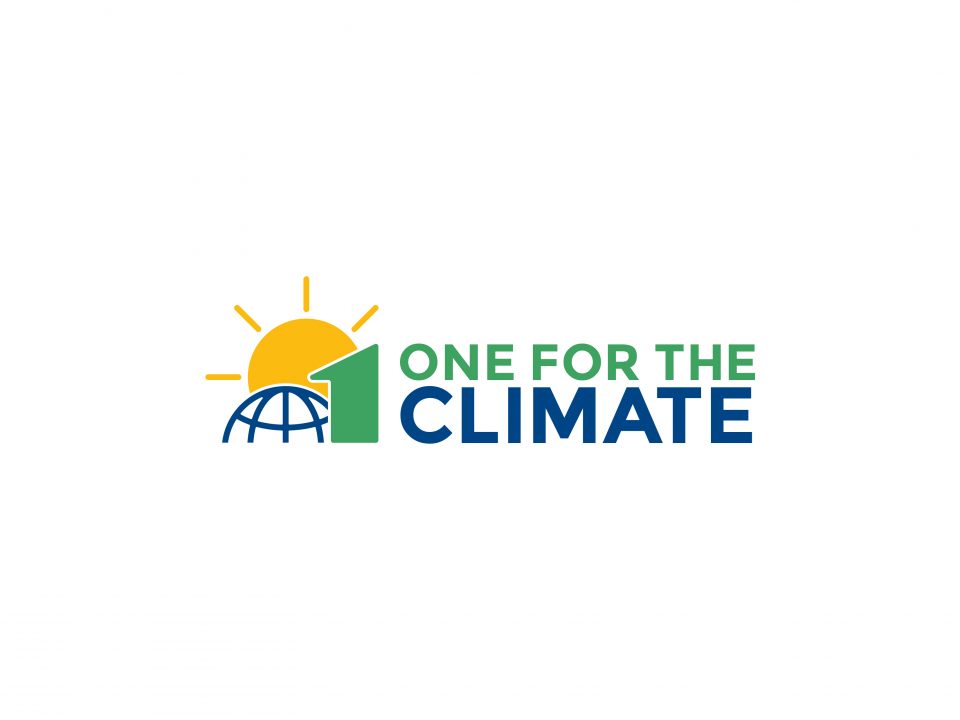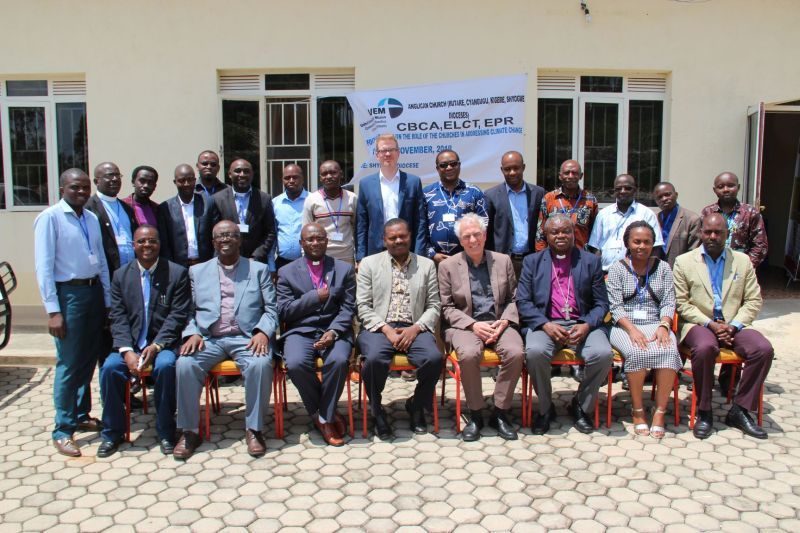All 200 Solar Home Systems successfully installed!
The SHS project in Rwanda has started successfully. All solar home systems are installed in October 2019. Although every SHS kit makes a contribution to protecting the climate, for most families who have invested in SHS kits, completely different effects are particularly noteworthy. Solar energy has already significantly improved the lives of over 200 families, with an average of four to five members, in the rural areas of the country in several ways. School-age children and adolescents, for example, have light available for the first time after dark to read books and do homework, as Louise Niringiyimana (19 years old) from the village of Karubi reports:
“I’m in 12th grade. Before we got the Solar Home System at home, my sister Charlotte – who is in 9th grade – and I weren’t happy to live in a house with no light. When we did homework in the evenings, A battery operated flashlight was our only source of light. Today many things are different at home. Now we can prepare our assignments for school at any time, day or night. Even during the holiday season. In addition, we can search for updated information since we have a radio and follow different radio channels. We don’t spend any more money to buy batteries for the flashlights since we have a solar home system at home. In addition, with the SHS KIT we can charge our cell phones, illuminate our home. Furthermore, we can now sit together with our parents in the evening much longer and exchanging information.” The SHS-kits not only increase the educational opportunities of the children but also allow the families to invest the saved costs for kerosene, candles or batteries in other ways, as Claudine Uwizeyimana (29 years old) from the village of Gakoma emphasizes: “The important thing about the Solar Home Systems is that we now have light in our home. We no longer live in the dark – thanks to these kits. It helps us to charge our phones and our radio. This has drastically reduced our household expenses. For example this Money that we used to have to spend to buy kerosene and candles.”
These two selected voices represent the experience of numerous families wie spoke with. Everyone involved is happy about the feedback and the success of the project so far. It proves that common climate protection for people in the global north and south is possible through investments in renewable energies. Not only is it possible, but in this case it goes hand in hand with the elimination of energy poverty and constitutes an important step towards more social equity for the beneficiaries we serve. Last but not least, it shows how many positive secondary effects the commitment of all those involved in our pilot project has also produced in the areas of education, safety and health. We would like to take this opportunity to express our special thanks to all the investors and cooperation partners who made this success possible. This applies in particular to the United Evangelical Mission, the Evangelical Church of Westphalia and the Development Service of the Anglican Church of Rwanda (RDIS).


